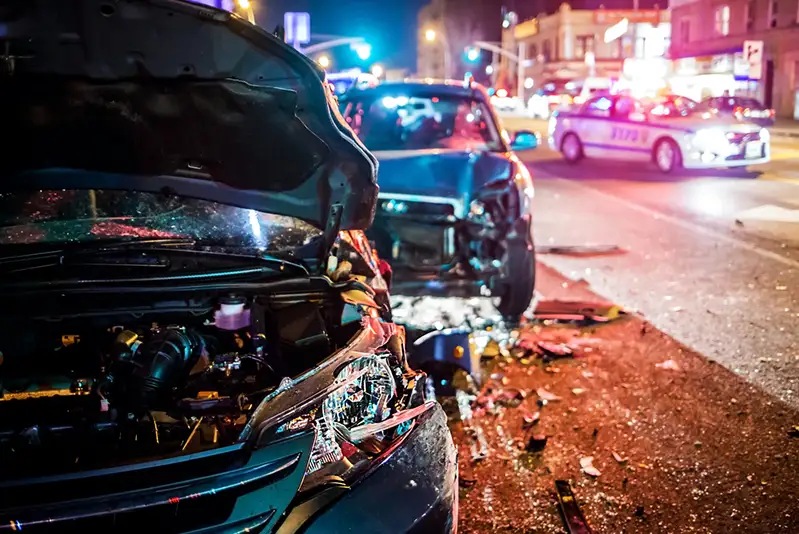Missouri’s So Called “No-Pay No-Play” Statutes
You may be entitled to compensation for economic and non-economic losses caused by a car crash. The distinction between economic and non-economic damages is important because in Missouri, an uninsured driver who is injured due to someone else’s negligence waives the ability to claim non-economic damages (i.e. pain and suffering) against another driver under certain circumstances with limited exceptions.
The uninsured motorist can still obtain property damages, reimbursement for medical bills, and lost wages. These damages are considered “economic losses.”
RSMo. § 303.390 reads:
An uninsured motorist shall waive the ability to have a cause of action or otherwise collect for non-economic loss against a person who is in compliance with the financial responsibility laws of this chapter due to a motor vehicle accident in which the insured driver is alleged to be at fault. For purposes of this section, the term “uninsured motorist” shall include:
- An uninsured driver who is the owner of the vehicle;
- An uninsured permissive driver of the vehicle; and
- Any uninsured nonpermissive driver.
Such waiver shall not apply if it can be proven that the accident was caused, in whole or in part, by a tort-feasor who operated a motor vehicle under the influence of drugs or alcohol, or who is convicted of involuntary manslaughter under [the criminal statute], or assault in the second degree under [the criminal statute].
These commonly called “No Pay No Play” statutes attempt to draw a causal relationship between the irresponsibility of failing to maintain insurance and a non-negligent party’s personal injuries. Kansas has a similar statute, KSA 40-3130.
Even the common name of these statutes is insulting. It suggests that people who are seeking compensation for injuries sustained as the result of someone else’s negligence is somehow a “game” that can be “played” or not. Instead, people who sustain injuries due to the negligence of others, are merely seeking to be made whole. Quite literally, injured parties are seeking to put their lives back together and return to normalcy. That is their right, and that right exists entirely separate and apart from their ability to pay an insurance company’s premium. The relationship these statutes attempt to draw between the paying of a charge and the ability to recover from injuries is purely arbitrary. The cruelty of these statutes is best illustrated when they target only “non-economic losses” which are calculated based upon the actual pain and suffering of the injured party while allowing recovery for “economic losses.” This is a sweeping attempt by insurance companies to scoop out the value of personal injury claims.
Fortunately, some Missouri trial courts have ruled this statute “unconstitutional.” However, neither the Missouri Supreme Court nor any Missouri appellate court has issued a ruling on the statute.
Watts v. Lester E. Cox Medical Centers
Missouri trial court judges who have ruled the statute unconstitutional have based that decision on a Missouri Supreme Court case, Watts v. Lester E. Cox Medical Centers.
In Watts, the Missouri Supreme Court held that the cap on non-economic damages in a medical malpractice action is unconstitutional because it infringes on a person’s right to trial by jury.
In Watts; the Missouri Supreme Court specifically noted that a cap on economic damages in medical malpractice actions operated “wholly independent of the facts of the case.” Meaning that the damages cap would apply no matter the circumstances of the case and regardless of any conduct by the parties.
Similarly, in the case of “No Pay No Play” statutes, the cap on non-economic damages acts a waiver for motorists not carrying mandatory insurance no matter the circumstances of the case and regardless of any conduct by the parties.
The Missouri No Pay No Play statutes have never been decided as “unconstitutional” by a court of appeal or by the Missouri Supreme Court. This issue is far from resolved.
Frequently Asked Questions
